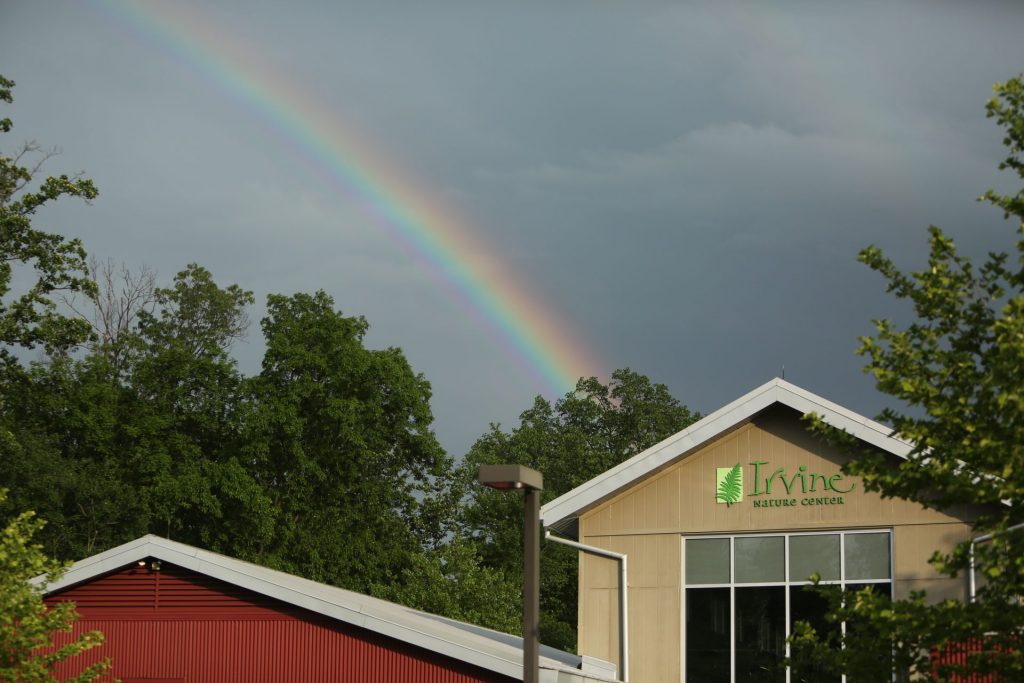 If you’ve been able to get outside these past few days, you may have noticed something unusual: crisp, clean air! With much of the world currently ‘sheltering in place,’ levels of smog-producing greenhouse gases have plummeted and citizens world-wide are experiencing the best air quality in decades. In China, the Philippines, India, Switzerland, Spain, California, and elsewhere, scientists have marveled at how dramatically and suddenly air pollution has dropped, as a direct result of coronavirus-induced changes in our daily lifestyles.
If you’ve been able to get outside these past few days, you may have noticed something unusual: crisp, clean air! With much of the world currently ‘sheltering in place,’ levels of smog-producing greenhouse gases have plummeted and citizens world-wide are experiencing the best air quality in decades. In China, the Philippines, India, Switzerland, Spain, California, and elsewhere, scientists have marveled at how dramatically and suddenly air pollution has dropped, as a direct result of coronavirus-induced changes in our daily lifestyles.
The number one source of greenhouse gases, such as carbon dioxide, nitrous oxide, and ozone, is the burning of fossil fuels. With car traffic down as much as 70% in many urban areas and far fewer airline flights than usual, as well as temporary shuttering of many factories, emissions of these harmful gases have been cut 40 to 60% in many parts of the world—in just a matter of weeks. The more obvious effects (less smog, easily discernible skylines, even clearer waterways) have been hard to ignore and provide an encouraging reminder of nature’s resilience. The underlying impacts are equally desirable, as ozone, nitrogen dioxide, and airborne particulates are leading causes of lung inflammation and asthma; ironically, a deadly respiratory virus is forcing us to unintentionally improve respiratory conditions for all.
What remains to be seen is whether this brief glimpse of a breathable new world will inspire us to demand more of ourselves once COVID-19 is behind us. For those who are paying attention, the global experiment in which we are all taking part is offering us a tough lesson about the toll our modern lifestyle takes, both on our personal health and the health of our planet. Some environmentalists welcome this reminder, as it gives us a real chance to mend many of our ways. Do we really need to fly cross-country for business meetings or can web conferencing serve the same purpose? Are our current commuter habits necessary or can more of us work from home? Or drive electric vehicles? Now that we can actually see bluer skies overhead, will that encourage us to ACT so that we truly achieve bluer skies ahead?
Sadly, some skeptics caution that the change will be short-lived. In fact, in the months following the financial crisis of 2008-09, carbon emissions jumped almost 10%, as the economy picked up and fossil fuel use surged. Still, I’m hopeful that this time may be different. Now that we can actually SEE the results of wide-scale changes in our daily habits, we no longer have to envision a brighter future; we’ve experienced one. There is no question anymore. We have changed the climate and continue to do so, but, as the past month or two have shown, we also have the ability to turn things around—if we act quickly and with purpose, just as we have with the unprecedented global response to the current pandemic. The self-inflicted climate crisis, however, poses one additional challenge: it’s difficult to ‘shelter at home’ when one’s home is what’s ailing. –BR

